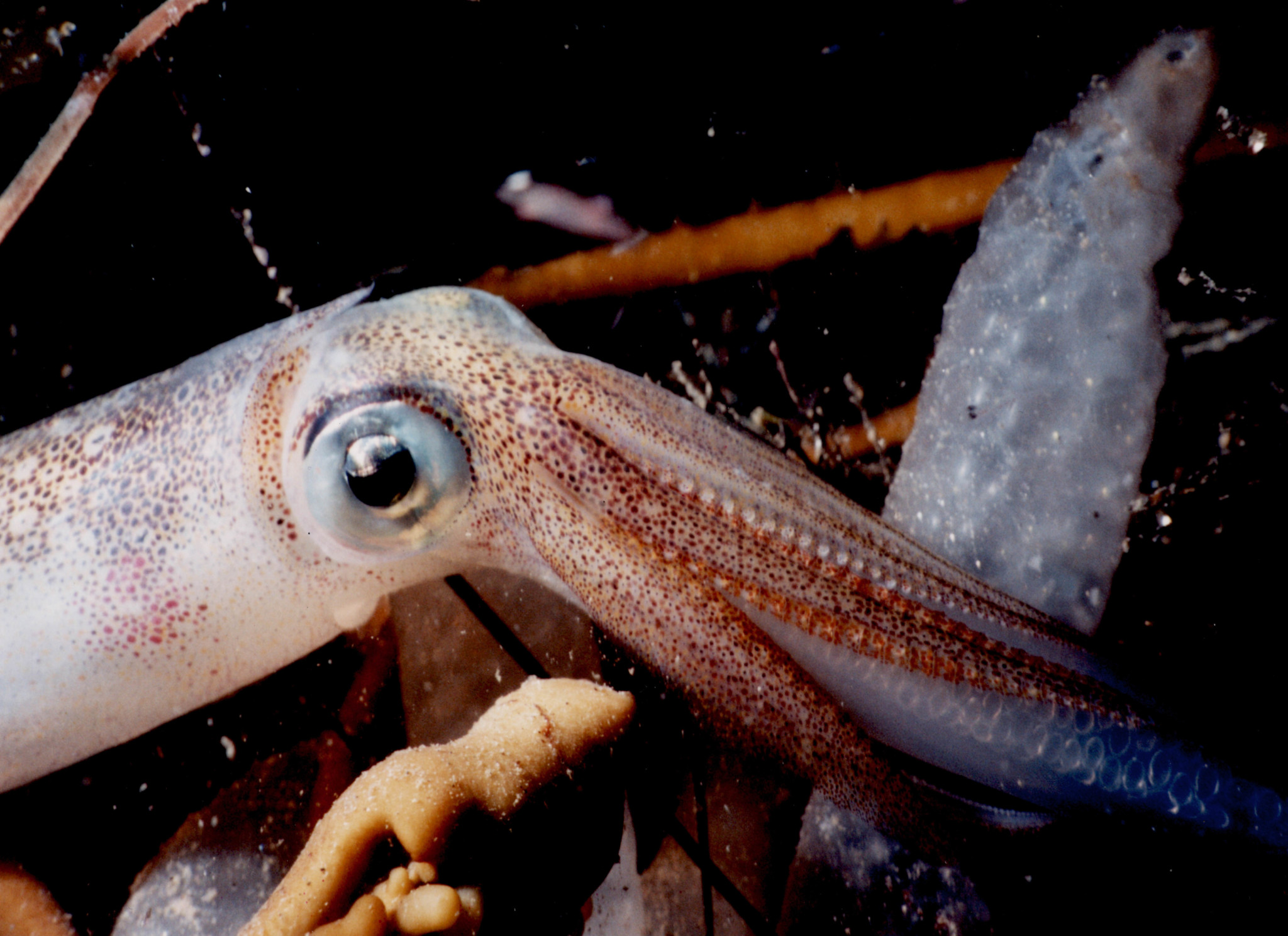All eyes and ears were on water temperatures and foreign trade tariffs as seiners hit their strides in the West Coast squid season. Cooler ocean temperatures last fall fostered hopes that the environmental pendulum had begun swinging in favor of squid production. But as the summer of 2018 ensued, the threat that El Niño conditions may be returning set fishermen and processors on edge.
“We’re watching the inklings of an El Niño,” said Diane Pleschner-Steele, executive director of the California Wetfish Producers Association, in Buellton. “It’s an interesting season. It started well, and it’s still going... better than when we were in the throes of El Nino.”
In late June, Oregon had posted healthy landings, and Pleschner-Steele said harvest numbers had begun picking up in California. The commercial squid season runs from April 1 to March 31 of the following year, and seiners fish on a quota of 118,000 short tons. Pleschner-Steele says the fleet hasn’t caught the quota in recent years, given oceanic conditions and other factors, and that the set quota is an optimal harvest number.
As of June 28, the seiners had landed 9,931 tons of squid.
On July 3, Pleschner-Steele said it was unlikely the fleet would catch the quota this year. The pending shortage in the harvest might be a good thing, in terms of curbing volumes headed to troubled markets in China.
The recent trade fracas between China and the United States predicated a stiff tariff on U.S. squid products shipped to China, one of the West Coast industry’s primary markets.
“It’s basically shutting down the China market for us,” said Pleschner-Steele, adding that the new 25 percent tariff will be stacked upon an existing 27 percent tariff. “There are other markets out there — it’s just at which price point?”
Ex-vessel prices for the squid remained steady at around $1,000 a ton as the calendar flipped over to July.







